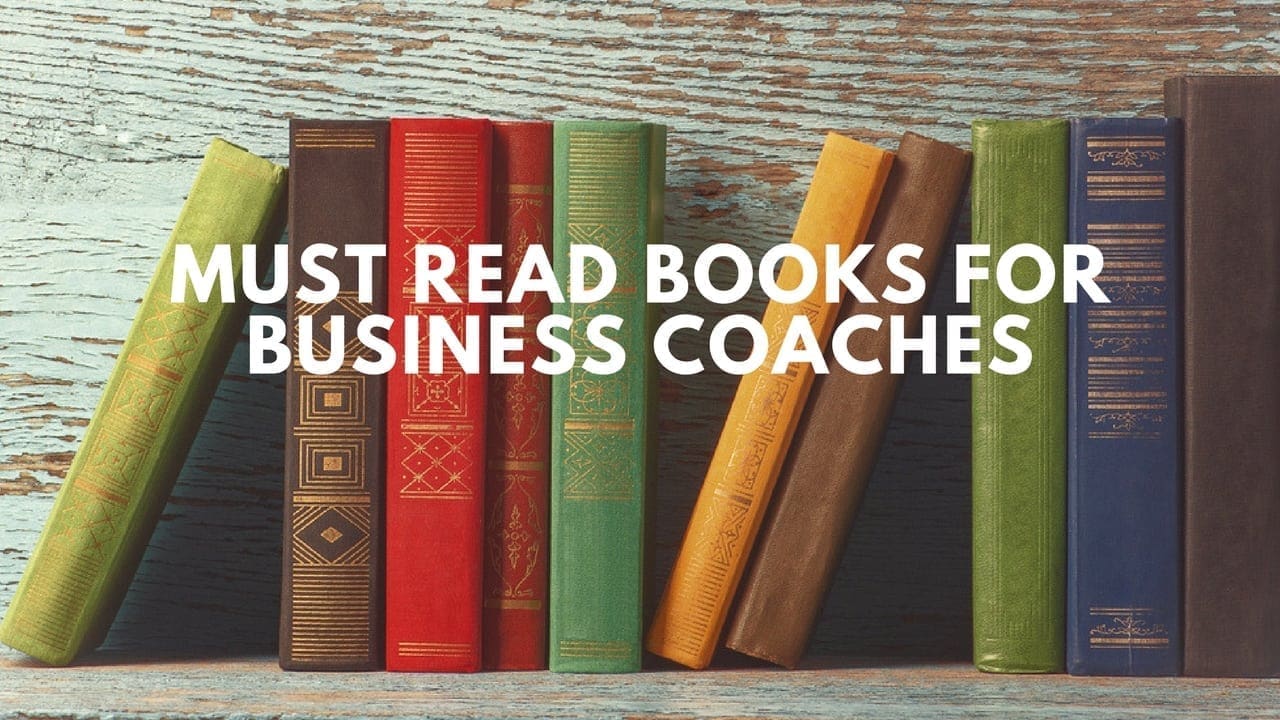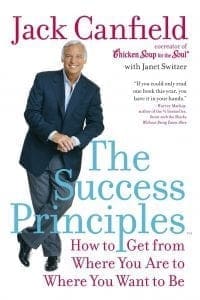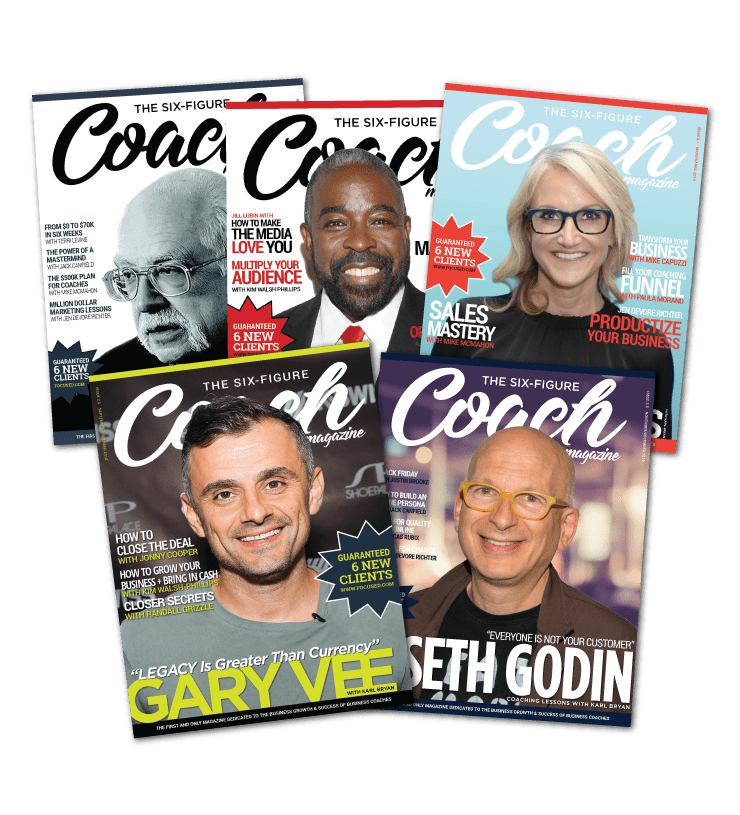The Bookworm – Part III with Ben Pritchett

I spent some time with a friend recently. He has a 7-figure coaching and training company that is likely well on its way to 8 figures or more. He was telling me about a dilemma he faced … he had invested a lot of time (his most valuable asset) into training an individual to assist him with keeping his coaching clients accountable and to help him “close” sales at his live events.
The deal was pretty straightforward. He would be paying this person a small base salary to cover his time in being an accountability partner and pay him commissions on sales made at the back of the room at his events. All things being equal, the “employee” should be able to make an easy $100,000 annually, but likely much higher if he becomes a good closer. Better yet, the sales would be coming to him, he just had to show up and make the deals happen, no prospecting for this guy.
Long story short, the time of training is almost over, and he comes to my friend wanting him to double the base salary because that’s close to what his monthly expenses are. My friend asked for my advice on the matter … I told him it sounded to me like he doesn’t have a salesman on his hands, he has an employee who wants a guaranteed paycheque and probably isn’t the right person for the task at hand.
So far, he hasn’t fired the guy, but I expect it’s just a matter of time. My friend is a very nice fellow and doesn’t want to hurt anybody or feel his time was wasted in the training. I’ve been there, with over 30 staff at one point in my life, and I didn’t like firing people … but, in every single instance where I didn’t do what I thought I should, it came back and bite me in the ass. That’s a lesson for you, but not the topic of this article.
Today, we’re going to look at books that will help you master the psychology of being a Six-Figure Coach. Many of us start out coaching after careers with a steady paycheque and you will need to master a new mindset to make coaching work for you.
 The Psychology Of Selling / Maximum Achievement / No Excuses
The Psychology Of Selling / Maximum Achievement / No Excuses
By Brian Tracy
Here’s the deal … the very first self-improvement book or course I ever bought was Psychology of Achievement, by Brian Tracy, on audio cassette (I’ve since repurchased it on CD). Unfortunately, it’s not available as a book, it is a multi-CD training set that is still available on his site today, and I highly recommend it,
All of Brian Tracy’s stuff is good, but he does recycle a lot of his material. So, you will find a lot of the same ideas in all these books and materials, so pick one. Read it and absorb it. As we discussed in the last issue, a big part of being a coach is being able to sell, and a huge part of being able to sell is having the right mindset to sell.
 The Success Principles
The Success Principles
By Jack Canfield with Janet Switzer
Although Canfield is best known as the co-creator of the Chicken Soup books (no surprise since there’s over 250 titles that have been translated into 43 languages and over 500 million copies have been sold), this is one of his best books in my opinion.
I know a sales coach in Kentucky who uses this book as the key piece of his curriculum in his program … every week his students cover a chapter in the book. The chapters are all short and to the point, so there’d no reason why you couldn’t do the same.
 Think and Grow Rich
Think and Grow Rich
By Napoleon Hill
There’s no denying it, this is the granddaddy of all personal development books in the business space. It’s showing its age in that pretty much every example in the book is of men and we have many successful women entrepreneurs and coaches these days. However, if you can get past the obvious gender bias, you can get some real gems from this book.
If you include masterminds and group coaching in your practice, Hill’s description of a mastermind is as sound as any you’ll find in a more modern text (except we let women in now too).
One of the things a lot of people don’t realize about Napoleon Hill is that before he wrote this famous book he was an advertising copywriter. The opening lines of this book are a perfect example of storytelling … I don’t know if anybody even knows if that opening story is true or not, but either way it’s masterful and has often been repeated.
If you enjoy Think And Grow Rich you might also want to look for these classics: The Science Of Getting Rich by Wallace D. Wattles and As A Man Thinketh by James Allen might appeal to you as well.
Conclusion
I’m really not a woo-woo type of fellow and I know that it takes a lot more than thinking about something to make it happen, but I’m equally sure that it won’t happen unless you do think about it first.
Brian Tracy and Jack Canfield will give you some solid success training … the others will let you dip your toe into a little woo-woo and see what kind of wealth you can manifest for yourself.

Ben J. Pritchett
Ben Pritchett started his first business at the age of 15, and began his own consulting practice in 1991. For over 25 years he has worked with clients in many industries including restaurants, direct sales, software development, tourism, dimension stone (granite quarrying and manufacturing), aviation, and optometry, just to name a few. Companies coached by Ben have nearly doubled and tripled their revenues in a single year.


